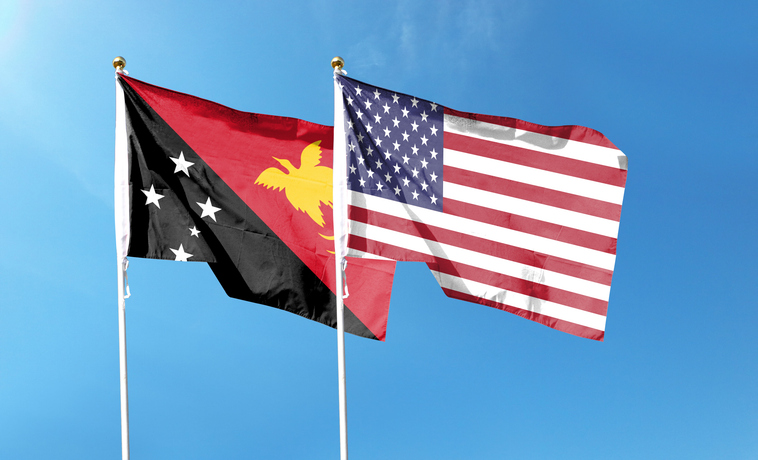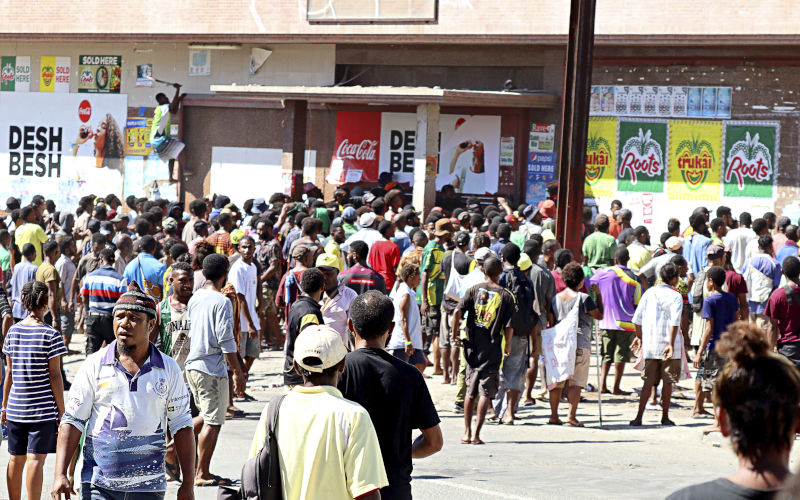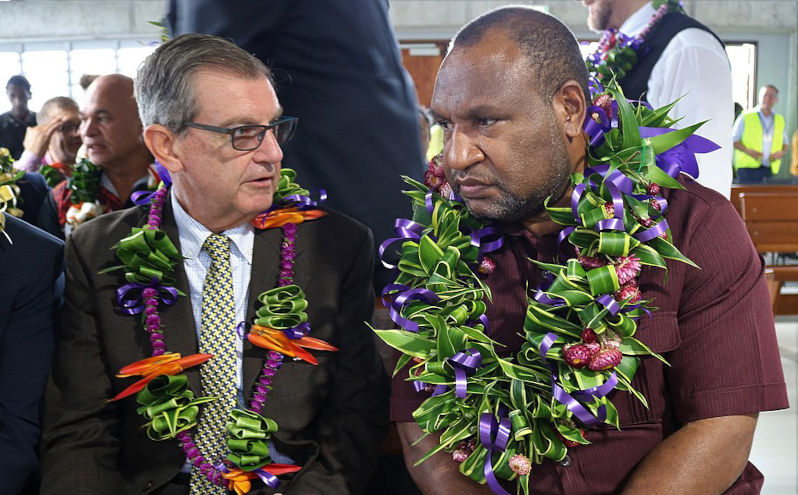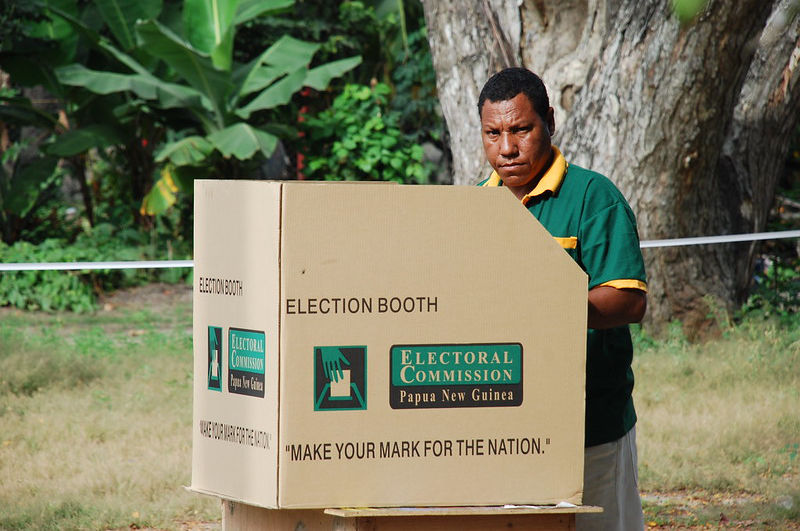Ronald's recent articles

20 July 2024
Big men with big egos confront one another in the “greatest democracy”
As the US presidential election contest heats up, there is bemusement in Papua New Guinea.

25 January 2024
The January riots in Papua New Guinea
On 10 January, Port Moresby was rocked by riots, looting and arson on an unprecedented scale. Rioting also occurred in Lae and several other towns. More than twenty people died and there has been extensive damage to property.

17 August 2022
Marape returned as Prime Minister in Papua New Guinea
On 9 August, with the date for the extension of writs having been extended by a week but still only 99 of the 118 seats declared in country’s recent national election, Papua New Guinea’s National Parliament met to elect a prime minister.

15 July 2022
Papua New Guinea goes to the polls
On 4 July voting started in Papua New Guinea’s tenth election for the National Parliament. A new record of around 3500 candidates (releases from the Electoral Commission have given differing figures) will contest the parliament’s 118 seats, seven of which were created by a revision of electoral boundaries earlier in the year.
1 March 2021
Obituary: Grand Chief Sir Michael Somare
With the death of Grand Chief Sir Michael Somare – the man who led Papua New Guinea to independence in 1975 and became Papua New Guinea’s longest-serving member of parliament – the Pacific has lost one of its most prominent and respected leaders.
5 November 2020
Papua New Guinea’s Marape Government – a new approach to foreign investment?
The Marape government’s approach to foreign investment – and to governance generally – marks a significant, and welcome, shift away from the sometimes dubious deal-making that marked his predecessor's approach.